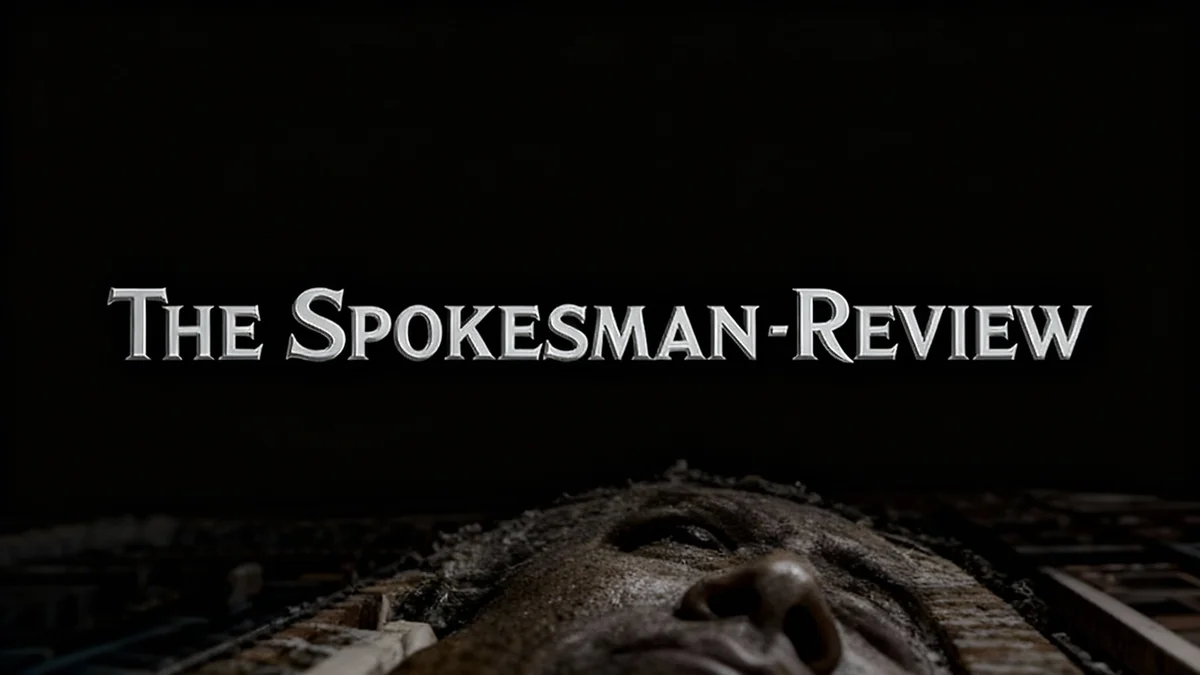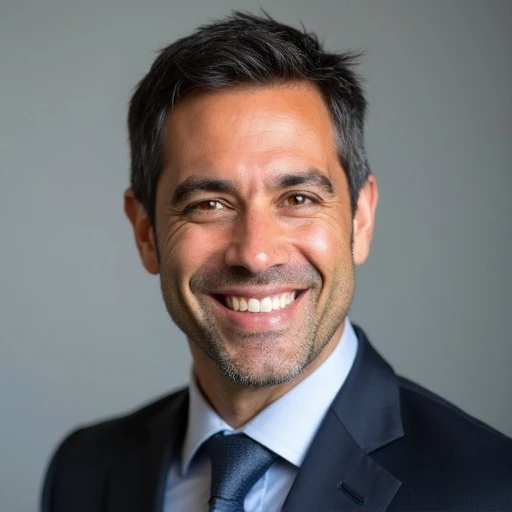Washington state's free preschool program is set for a monumental expansion following a landmark philanthropic commitment. The Ballmer Group, founded by former Microsoft CEO Steve Ballmer and his wife Connie, has pledged to fund up to 10,000 additional seats in the state's early learning program, an investment that could reach $170 million annually over the next decade.
This significant financial infusion will nearly double the capacity of the Early Childhood Education and Assistance Program (ECEAP), which provides crucial preschool services and family support to the state's lowest-income children. The move comes just months after state lawmakers reduced funding for the very same program amid budget shortfalls.
Key Takeaways
- The Ballmer Group has committed to funding up to 10,000 new slots in Washington's ECEAP preschool program for 10 years.
- The potential investment could total $170 million per year, or up to $1.7 billion over the decade.
- This pledge reverses recent legislative cuts that reduced the program's capacity from 16,400 to 14,400 slots.
- The ECEAP program serves 3- and 4-year-olds from families earning less than 36% of the state median income.
A Transformative Gift for Early Education
The announcement represents one of the largest private investments in public early childhood education in the state's history. The Ballmer Group's pledge aims to accelerate Washington's long-term goal of providing universal access to high-quality preschool for all eligible children.
"We at Ballmer Group have been inspired by Washington state’s commitment to ensure that every eligible kiddo has access to high-quality early learning," said Andi Smith, the group's executive director for Washington. "And Ballmer Group’s role is simple: to help that vision move faster."
The ECEAP program, established in 1985, is a cornerstone of the state's social safety net. It offers comprehensive services that include free preschool classes and vital family support systems. The program is specifically designed for families who would otherwise be unable to afford such opportunities.
Who is Eligible for ECEAP?
To qualify for the state-funded preschool program, a family's income must not exceed 36% of the state median income. For a family of four, this currently translates to an annual income of $50,152.
Tana Senn, secretary of the Washington Department of Children, Youth and Families, emphasized that the program reaches families who are "unlikely" to access early learning services through other means, making this expansion particularly impactful for the state's most vulnerable children.
Reversing Cuts and Building Capacity
The timing of the Ballmer Group's commitment is critical. Earlier this year, the state legislature, facing a multibillion-dollar budget deficit, cut approximately 12% of the ECEAP slots. This reduced the program's statewide capacity from 16,400 to 14,400 children for the current school year.
In Spokane County, the effects were felt across multiple providers. Spokane Public Schools saw its slots reduced from 901 to 700, while Community Colleges of Spokane experienced a drop from 807 to 771 available positions. Seven organizations in total faced reductions.
This new funding not only reverses those cuts but charts a course for significant growth. As part of the agreement, Washington has committed to maintaining its current level of state funding for ECEAP, ensuring the philanthropic dollars are purely for expansion.
"It’s an incredible gift and investment in our state-funded preschool program. I’m elated, I think it’s terrific, particularly since we continue to face a really difficult budget situation in Olympia."
– Joel Ryan, Executive Director, Washington State Association of Head Start and ECEAP
Ryan noted that without this intervention, the program likely faced further cuts in the upcoming legislative session. "Because of today’s announcement, not only do we have a commitment from state lawmakers and the governor to maintain funding for ECEAP, but with the dollars from Ballmer, we’re going to be able to expand next fall," he said.
The Path to 10,000 New Seats
State officials acknowledge that adding 10,000 new preschool slots is a massive undertaking that requires careful planning and execution. The expansion will involve hiring and training new teachers, securing and equipping classroom spaces, and conducting outreach to eligible families across Washington's 460 program locations.
Governor Bob Ferguson outlined a phased approach to the expansion during a news conference.
Expansion Timeline
- Current Capacity: The program currently serves over 14,000 students.
- Next School Year Goal: The state aims to enroll an additional 2,000 students.
- Long-Term Goal: To ramp up capacity continuously to add a total of 10,000 new slots over the coming years.
"It’ll be hard to quantify, as we’re standing here today, it’d be hard to quantify how significant this investment is going to be for our state," Governor Ferguson stated. He expressed profound gratitude to the Ballmer Group for their generosity.
"Our goal, most assuredly, is to have little kiddos expanding our program this fall, and to be ramping up continuously as we go forward," Ferguson added. "We as a state will do our best to use that investment wisely. And it will be used in the best way possible, to help all of the kids across Washington state."
A Decade of Opportunity
The Ballmer Group's commitment is structured over a 10-year period, providing long-term stability and a clear runway for the state to build a more robust early learning infrastructure. When asked about the possibility of extending the funding beyond the initial decade, Andi Smith indicated the group would be open to discussion after reviewing the program's progress.
"I view my job as governor, over the next several years, to make that TBD as positive as possible," Ferguson responded. "So, that’s our mission. That’s our mission, and we deeply appreciate the generosity."
For thousands of families across Washington, this philanthropic partnership promises to open doors to early education that can shape a child's entire future. The investment is poised to create a lasting legacy, strengthening communities and providing a stronger start for the next generation.





